iOS 8 HealthKit data could lead to wide-scale surveillance
Apple will not let developers share data from HealthKit applications with ad networks, but experts fear it could be used elsewhere

Apple has banned developers who are building apps using the HealthKit feature in iOS 8 from sharing the data with ad networks.
The rules were stated in an update to the developer program license agreement, saying developers: "must not sell an end-user's health information collected through the HealthKit API to advertising platforms, data brokers or information resellers."
The policy continued: "Your application must not access the HealthKit APIs unless it is primarily designed to provide health and/or fitness services, and this usage is clearly evident in your marketing text and user interface. You and your application may not use the HealthKit APIs, or any information obtained through the HealthKit APIs, for any purpose other than providing health and/or fitness services in connection with your application (e.g., not for serving advertising)."
However, the information can be shared with third parties for medical research, providing the developers have the consent from the user to do so.
Apple's HealthKit API will allow developers to build a range of apps designed to monitor an individual's vital signs including blood pressure, heart rate, sleep patterns, calories burnt, blood sugar and cholesterol using connected wearables.
This data can then be shared with doctors and other health professionals or maybe even insurance companies to alert them to any changes in the individual's health status.
The issue of private health information possibly becoming public has also hit the upcoming release of Apple's iWatch. Research done by Cass Business School's Professor Andre Spicer looked at the ethical issues that could arise.
Sign up today and you will receive a free copy of our Future Focus 2025 report - the leading guidance on AI, cybersecurity and other IT challenges as per 700+ senior executives
"The public is becoming more concerned about who owns and controls the stream of personal data about things like health produced by wearable technology," he said. "It seems strange we force prisoners to wear tracking technology, but trendy smart watch users pay for the privilege.
"One big ethical issue users did not consider is how these devices will be used to track and collect intimate data about their everyday lives," Spicer continues. "Most smart watches have life-logging technologies which collect data about bodily rhythms. These could be used as a potential surveillance device.
"It could also see technology companies selling our most private health information to a whole range of parties such as insurance agencies."
A number of health-related organisations in the US have said they will be developing apps to work with the API, including health centres and the US Food and Drug Administration, although it remains to be seen how companies in the UK will use such apps.
Apple is expected to announce the iPhone 6 and iWatch with built-in health sensors next week. The iPhone 6 is rumoured to feature a 4.7in screen and will run on iOS 8.

Clare is the founder of Blue Cactus Digital, a digital marketing company that helps ethical and sustainability-focused businesses grow their customer base.
Prior to becoming a marketer, Clare was a journalist, working at a range of mobile device-focused outlets including Know Your Mobile before moving into freelance life.
As a freelance writer, she drew on her expertise in mobility to write features and guides for ITPro, as well as regularly writing news stories on a wide range of topics.
-
 Everything you need to know about Google and Apple’s emergency zero-day patches
Everything you need to know about Google and Apple’s emergency zero-day patchesNews A serious zero-day bug was spotted in Chrome systems that impacts Apple users too, forcing both companies to issue emergency patches
-
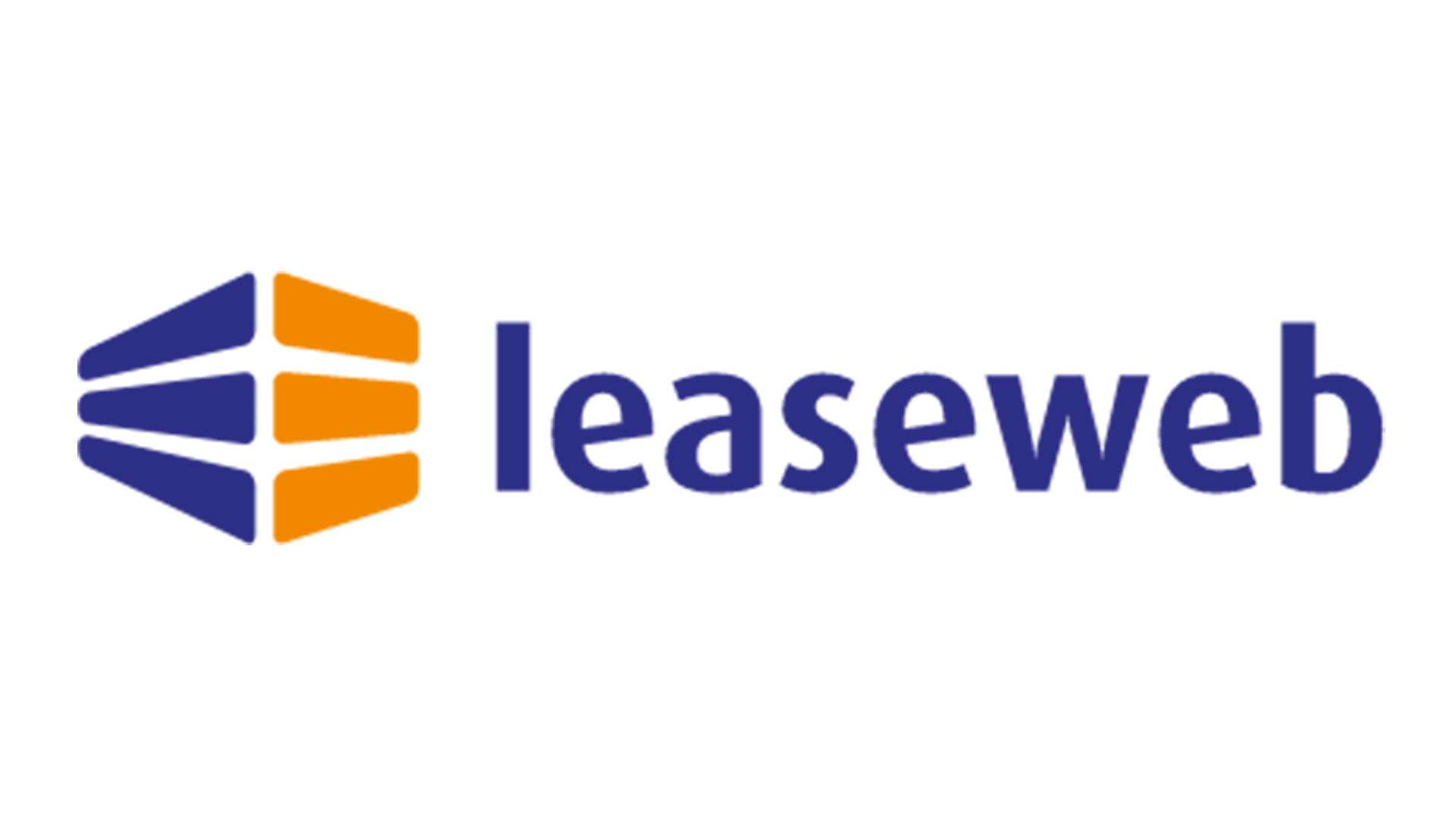 Ronald Richardson to lead Leaseweb’s global commercial strategy
Ronald Richardson to lead Leaseweb’s global commercial strategyNews The experienced executive has been named Leaseweb’s new CRO as the IaaS provider embarks on the next phase of its growth journey
-
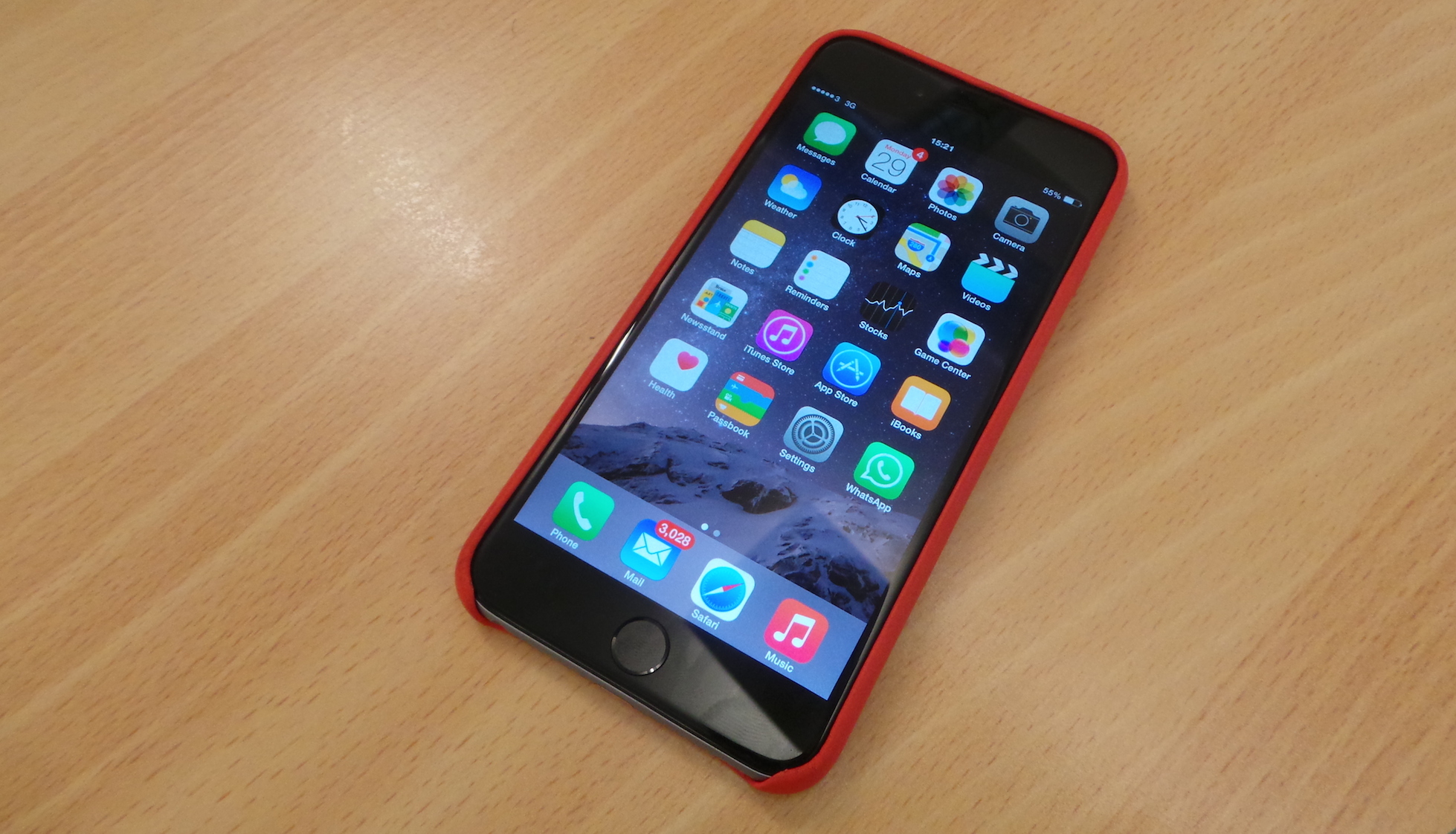 iPhone 6 Plus review: is the 2014 device worth revisiting?
iPhone 6 Plus review: is the 2014 device worth revisiting?Reviews Is Apple's first phablet phone still good today?
-
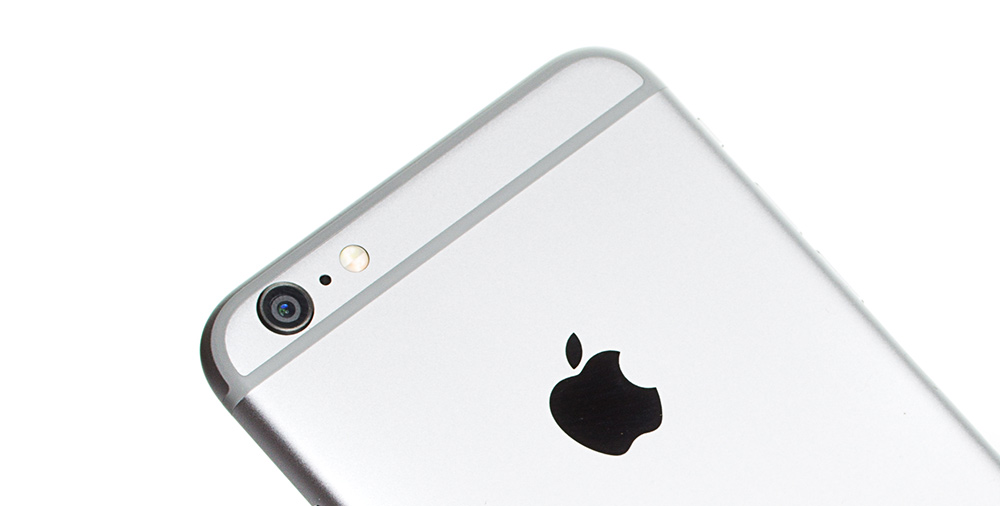 iOS 9 release date, features and battery life: Apple issues Trident hack fix for businesses and consumers
iOS 9 release date, features and battery life: Apple issues Trident hack fix for businesses and consumersNews Download iOS 9.3.5 to protect your company from iPhone spyware
-
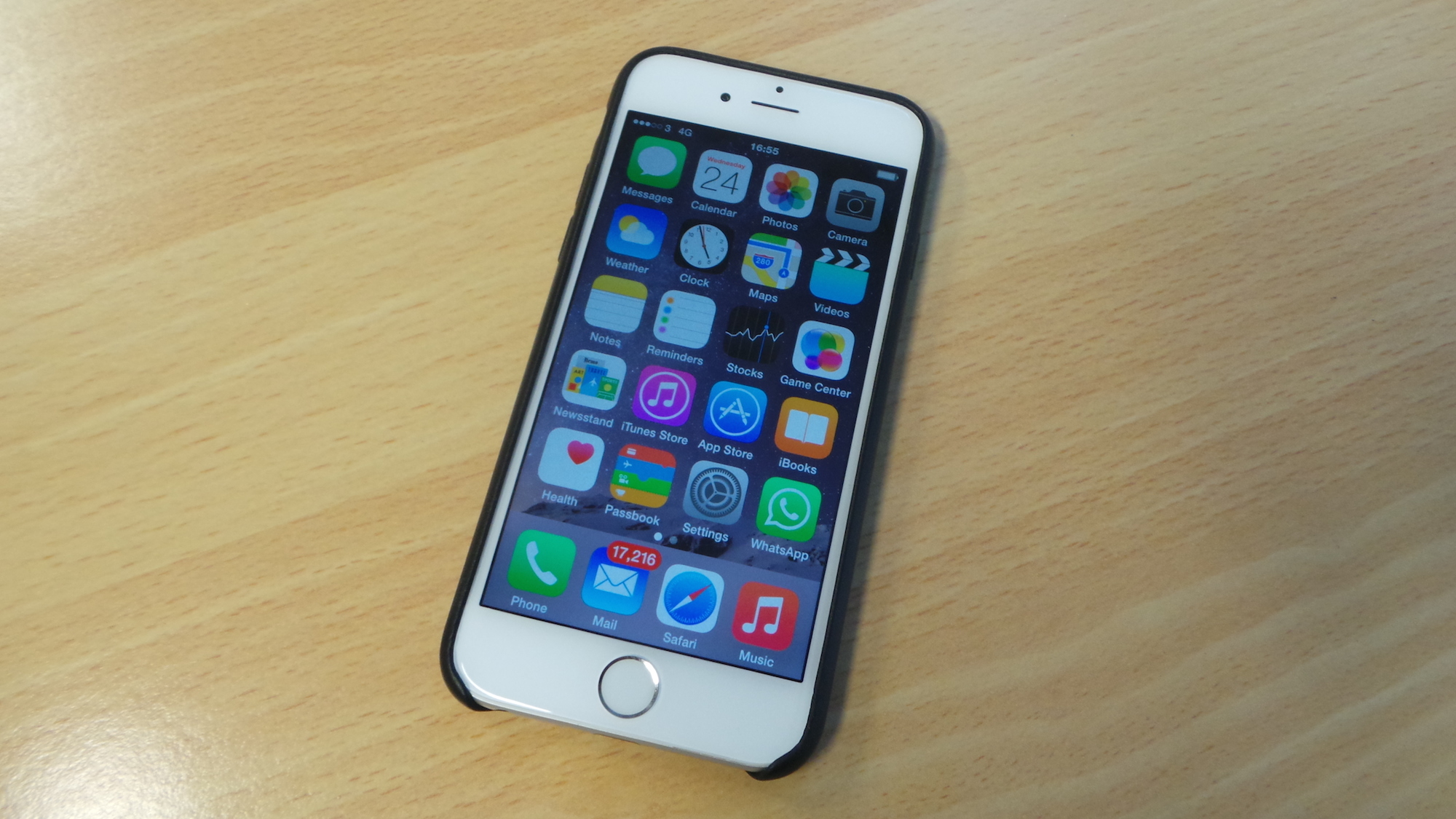 iPhone 6/6 Plus tips: 31 top hints for iOS 9
iPhone 6/6 Plus tips: 31 top hints for iOS 9Tutorials Want to know all the iPhone 6 secrets? Look no further...
-
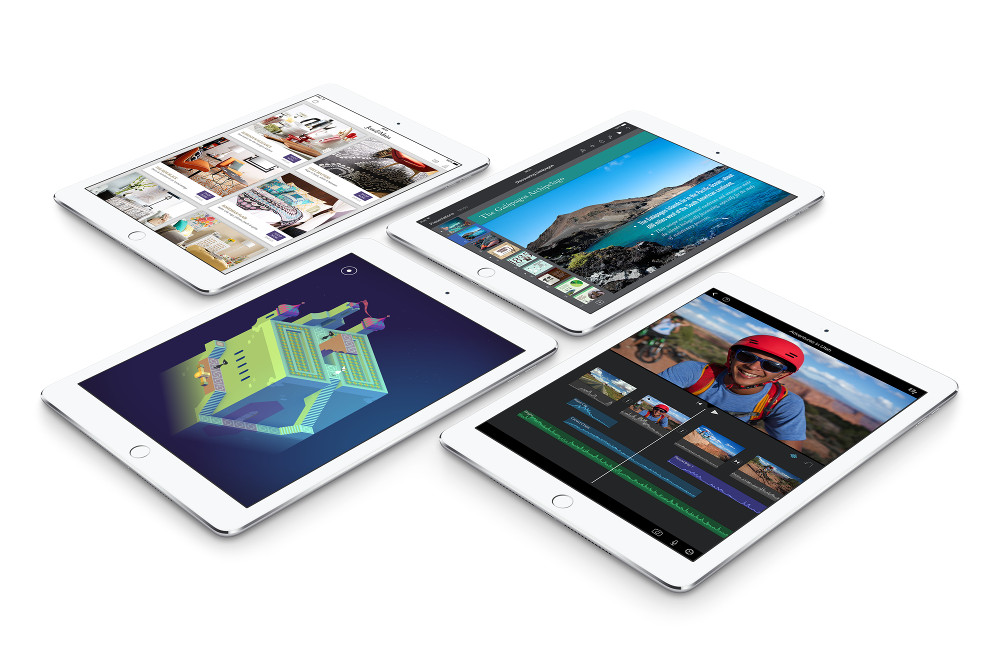
 Apple iPad Air 2 Review: Is it still worth buying?
Apple iPad Air 2 Review: Is it still worth buying?Reviews The iPad Air 2 is still a very good tablet, but it's no longer the best iPad you can buy
-
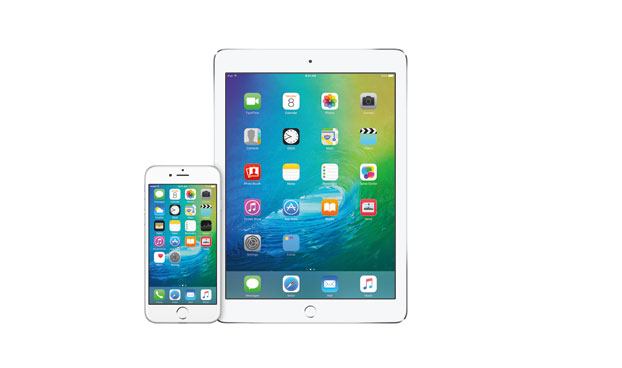 iOS 8 vs iOS 9: What's new, what's changed and what's important
iOS 8 vs iOS 9: What's new, what's changed and what's importantVs A feature-by-feature breakdown of what to expect from iOS 9 and how it contrasts with iOS 8
-
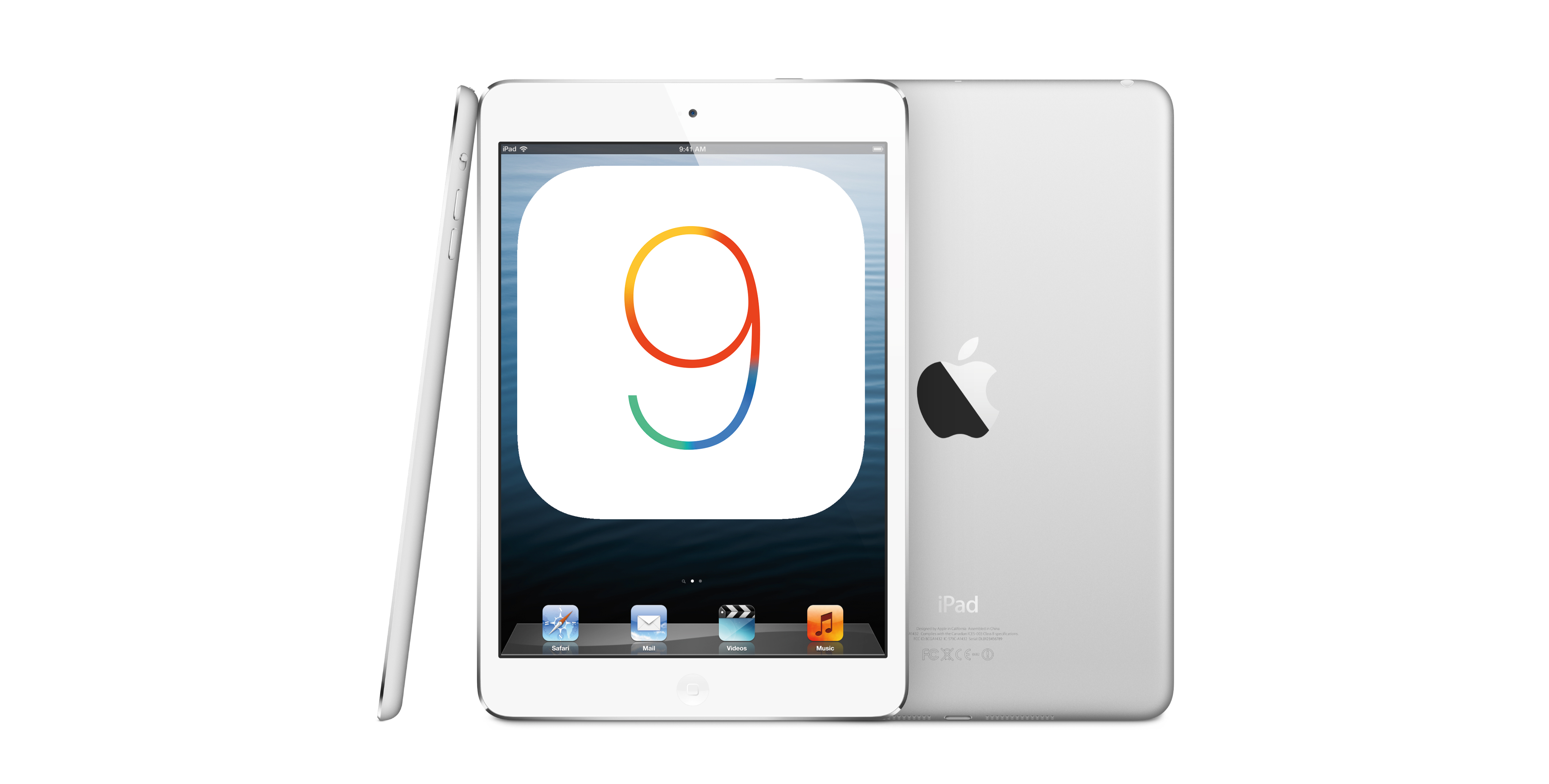 iOS 9 Performance on iPhone 4s and iPad mini
iOS 9 Performance on iPhone 4s and iPad miniReviews Here’s why you shouldn’t upgrade your old devices to iOS 9
-
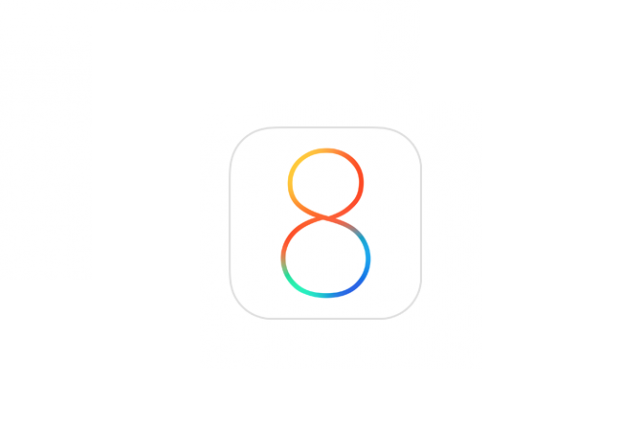 iOS 8 review: The best update yet?
iOS 8 review: The best update yet?Reviews iOS 8 is aout but iOS 9 is on the horizon
-
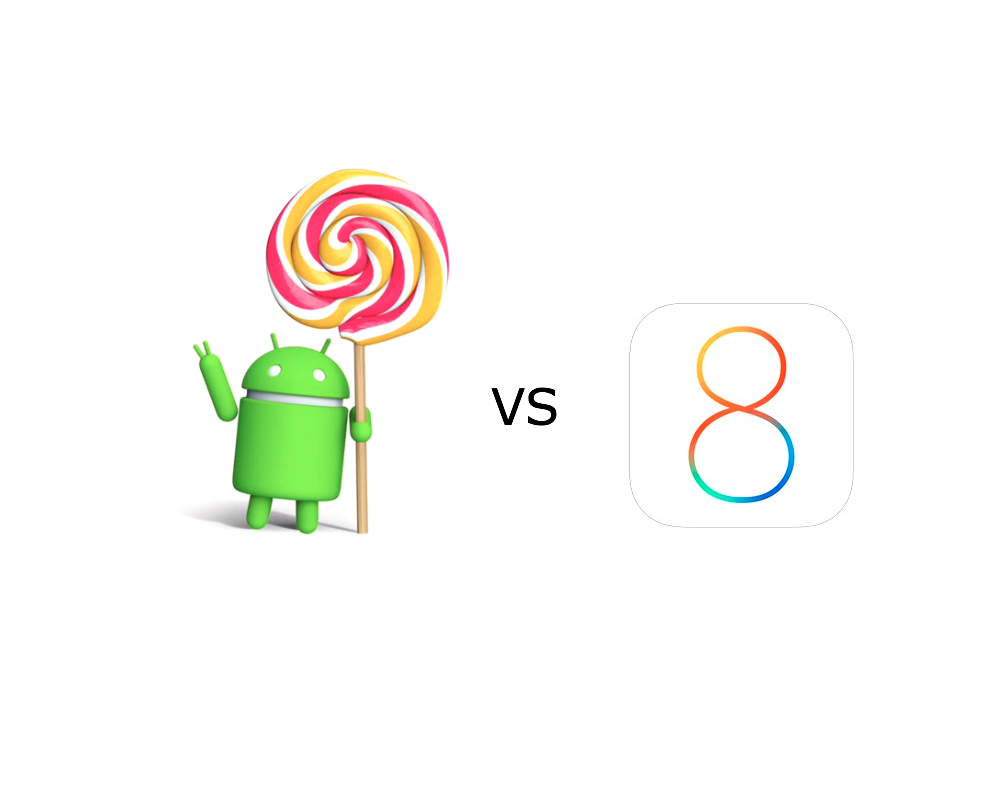 Android Lollipop 5.0 vs iOS 8: Which should you buy?
Android Lollipop 5.0 vs iOS 8: Which should you buy?Vs We weigh up the differences between Android and iOS to help you choose

